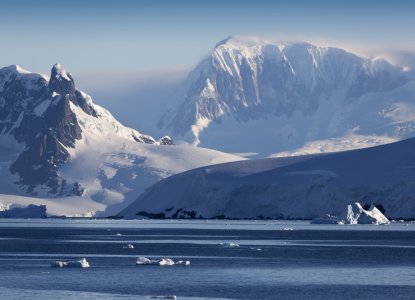Who Owns Antarctica?
When it comes to territorial claims on the great white continent, who owns Antarctica? Here’s everything you need to know about ownership and territorial claims.Native inhabitants of Antarctica. Photo credit: Shutterstock.Antarctic historyStanding at the South Pole in December 1911 Roald Amundsen cl
Read More








 We Value Your Privacy Settings
We Value Your Privacy Settings